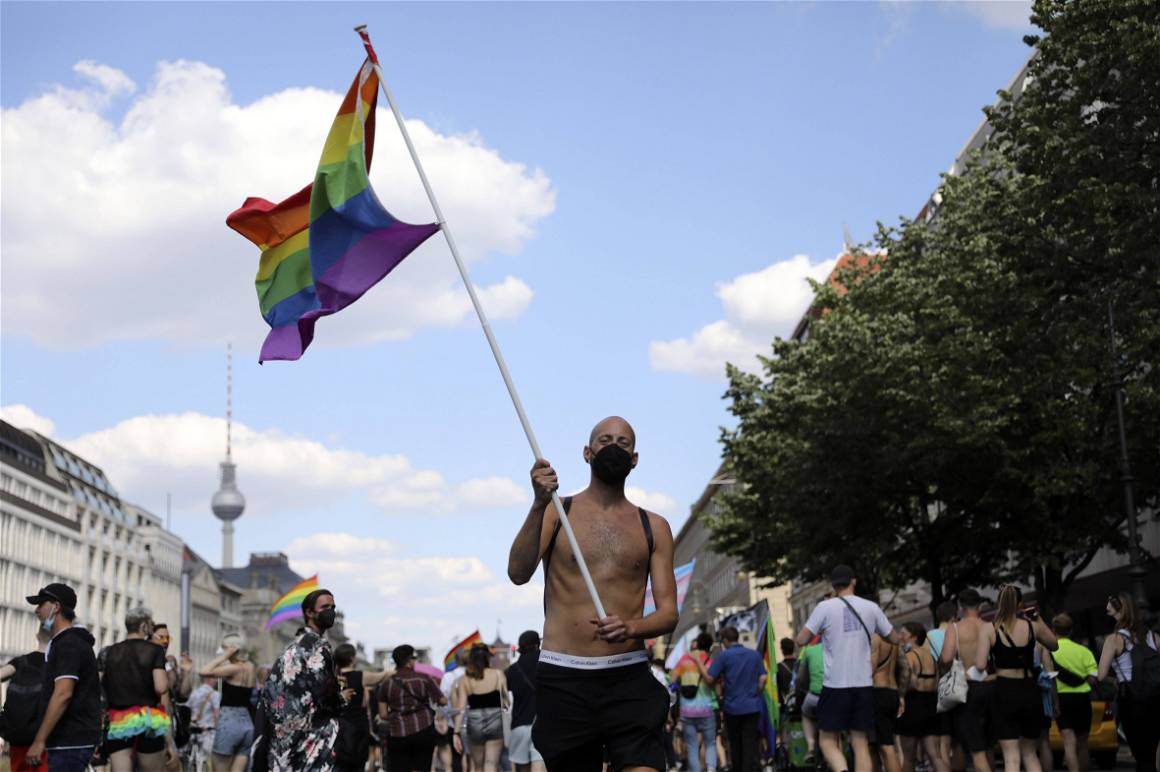As pride month comes to a close today, IMAGO Columnist Sofia Bergmann examines the position of Pride within cities around the world. Dissecting the dichotomy between cities that saw their annual parades return with a vengeance for celebration and recognition, juxtaposed with those met with harsher resistance and new laws actualized setting back LGBTQI+ rights, take a look at the intrinsic meaning of “Pride” from around the world.
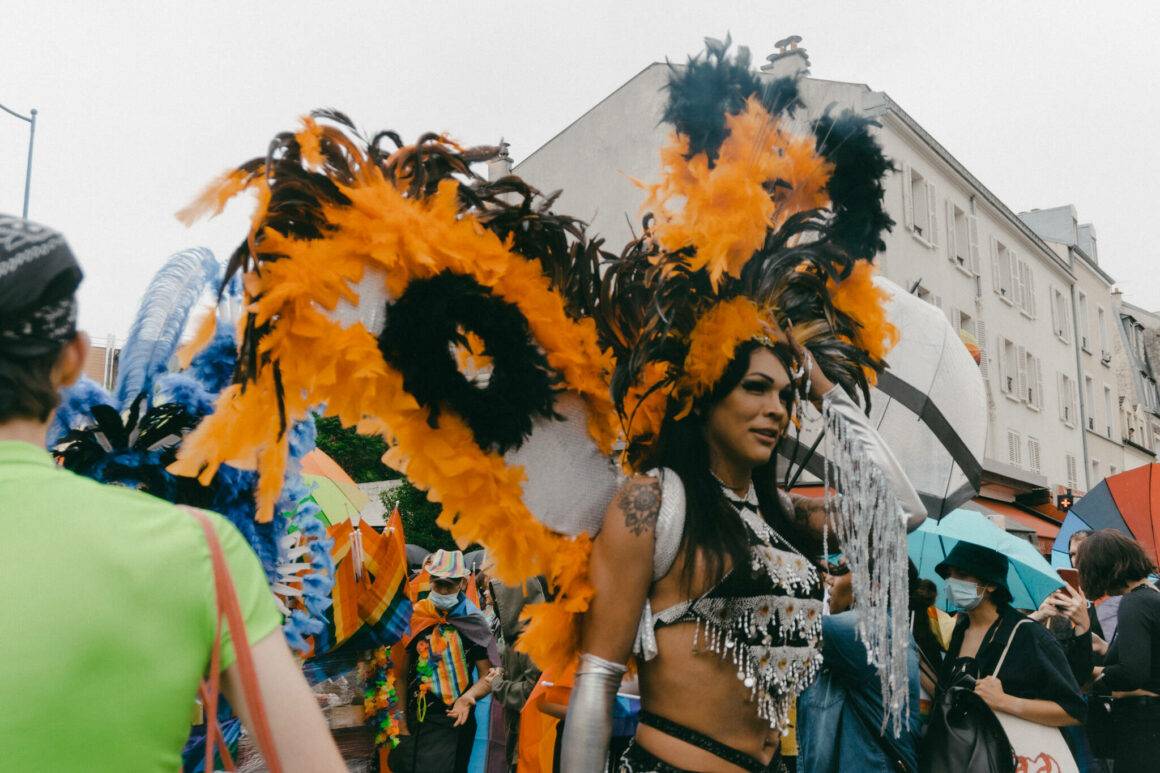
Pride: Profit or Purpose
Pride month means very different things depending on where you live. In the United States, UK and Germany for example gay marriage is legal and companies proudly turn their logos rainbow. Pride parades are aired as special broadcasts on television in New York City and heralded by church services in Berlin. Meanwhile in Istanbul people are arrested and sprayed with teargas by police.
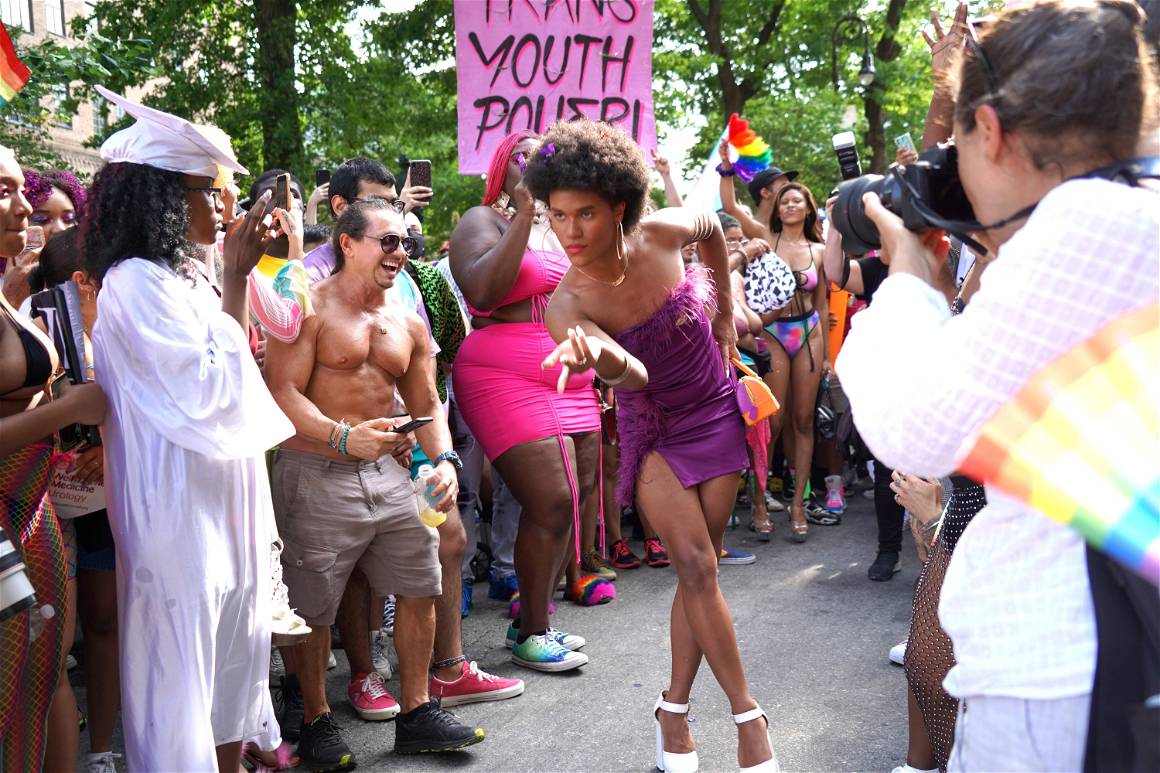
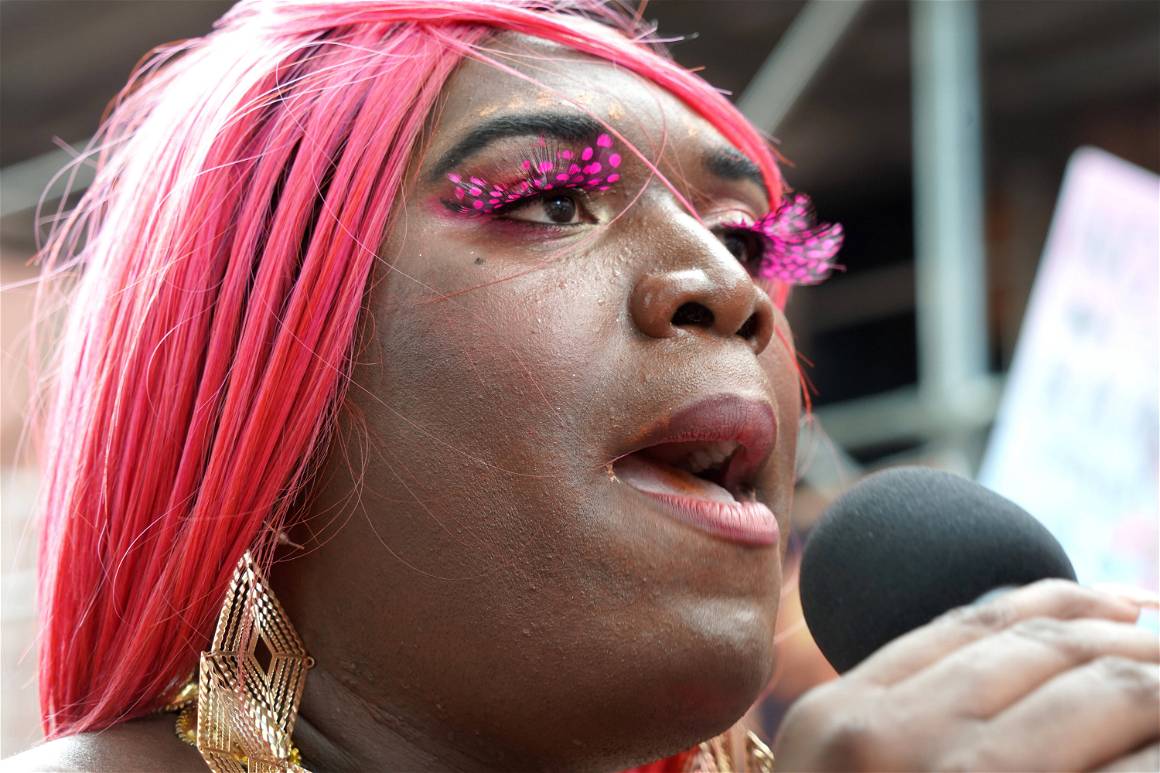
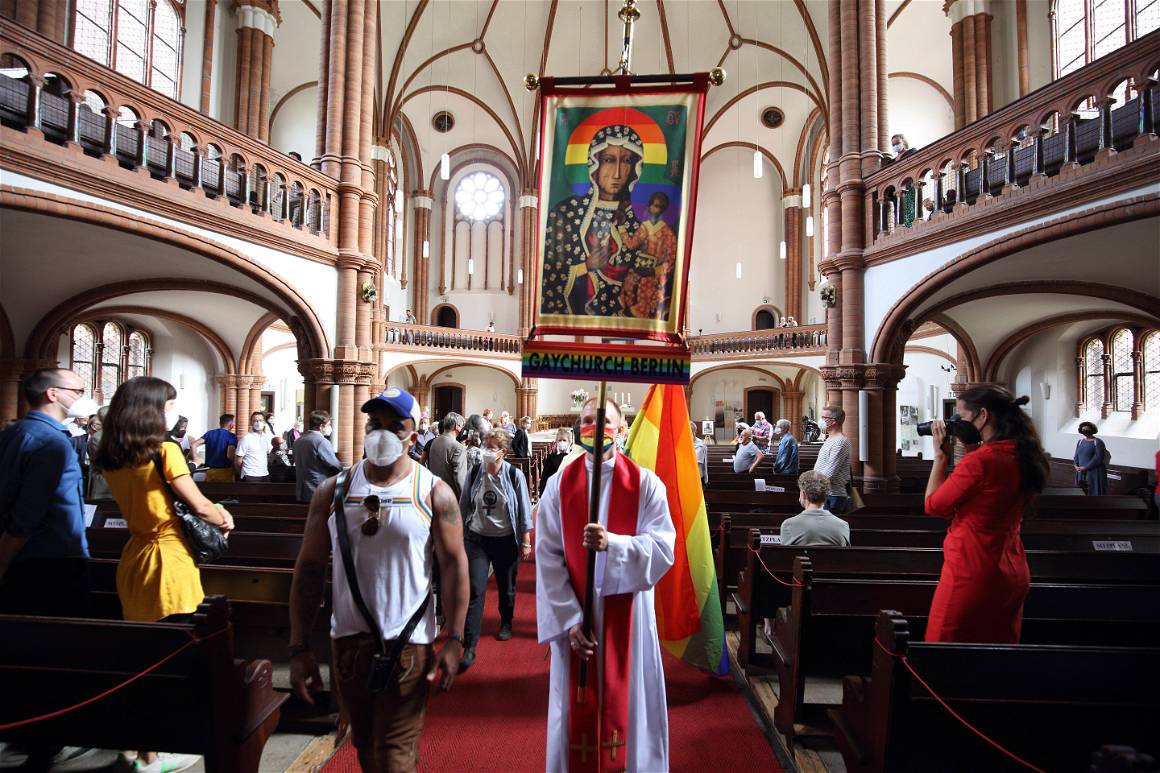
Pride originally birthed from the Stonewall riots in 1969 when the police raided the Stonewall Inn in New York City — a queer haven for those outcast by society — which grew violent and pushed the LGBTQ+ community to fight against the oppression they faced. This ultimately became the backwind for organizations like the Gay Liberation Front and the Gay Activists Alliance, up until the very first Christopher Street Day (Pride) Parade on June 28, 1970, marking the anniversary of the Stonewall riots. New York City along with Los Angeles, San Francisco and Chicago were soon followed by Boston, Dallas but also London, Paris, Berlin and more. From the beginning, Pride has been more than just a street parade of rainbow and glitter — but rather a fight for freedom and human rights for a marginalized community.
This is why the so-called ‘Rainbow Washing’ of corporations like General Motors who run LGBTQ-targeted ads during Pride month, are criticized for their hypocrisy. A 2019 report done by Popular Information and Progressive Shopper showed that nine of the most vocal pro-LGBTQ+ corporations in the United States gave about $1 million or more each to anti-gay politicians in the last election cycle. According to data gathered this year by the National Institute on Money in Politics, companies championing their allyship with the LGBTQ+ community still fall short of actually taking steps in supporting this effort.
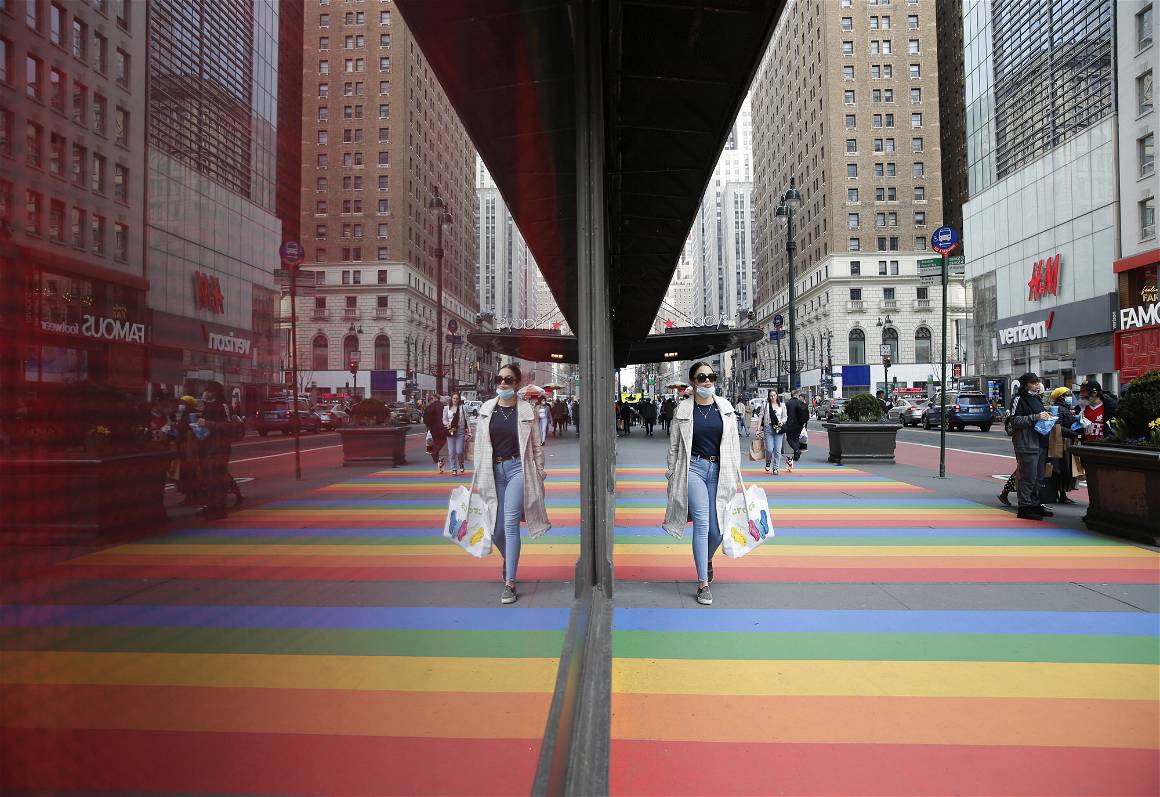
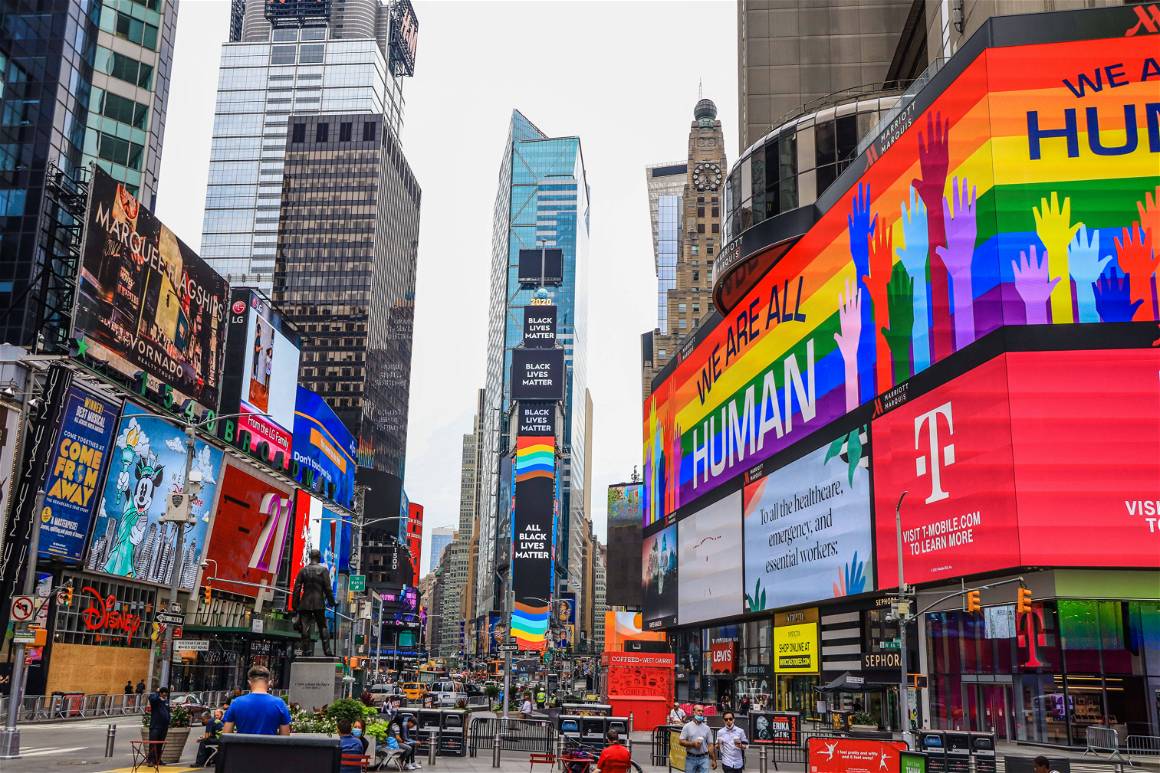
To name a few, General Motors donated $51,000 to anti-LGBTQ+ legislators, AT&T donated $204,350, Pfizer donated $24,000, and General Electric $1,380,500 to anti-gay politicians. The irony of Rainbow washing lies in the fact that something that is symbolic of an ongoing battle for justice and human rights, has become a way for companies to make a profit and target LGBTQ+ consumers while doing little to actually join the movement. Donating to charities and organizations who actively help queer communities instead of slapping a rainbow on their storefront or logo, is one step critics say would show true alliance. While perhaps a scheme to capitalize on the historic suffering of an entire community, this commodification of Pride month is also indicative of a change in societal acceptance of the queer community. At least now in some parts of the world, Pride is a peaceful celebration of music, parades and parties rather than being silenced.
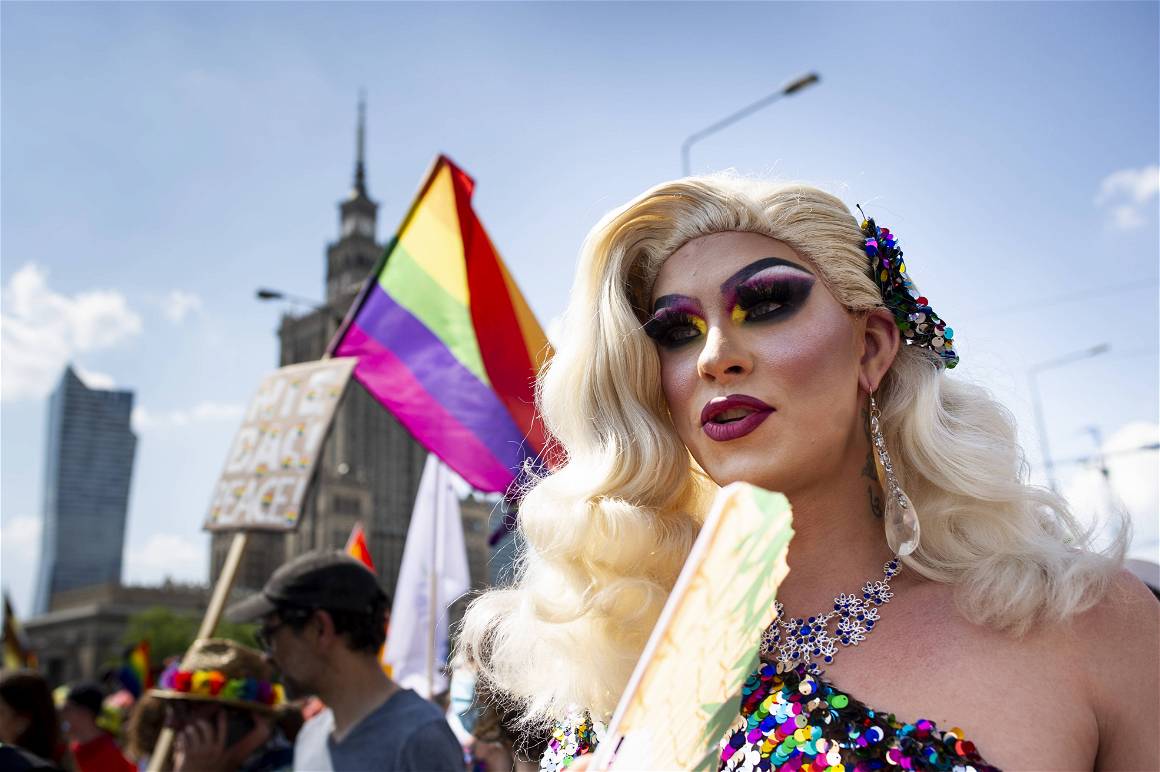
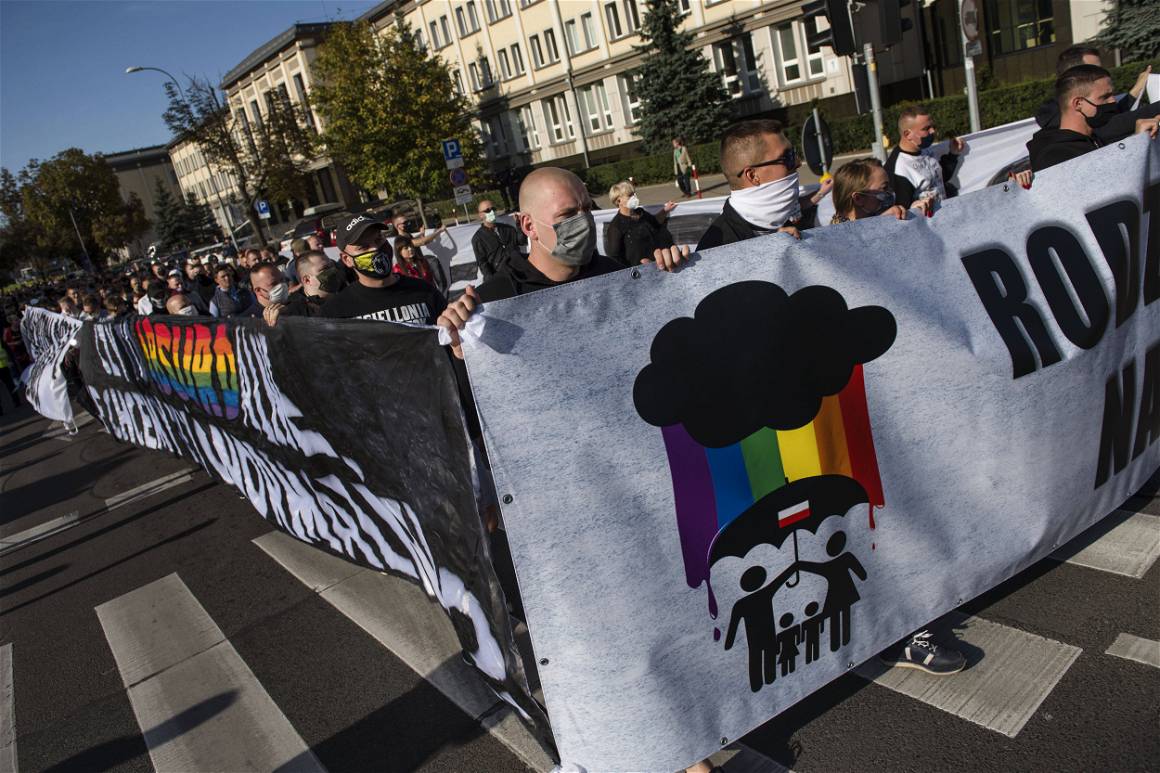
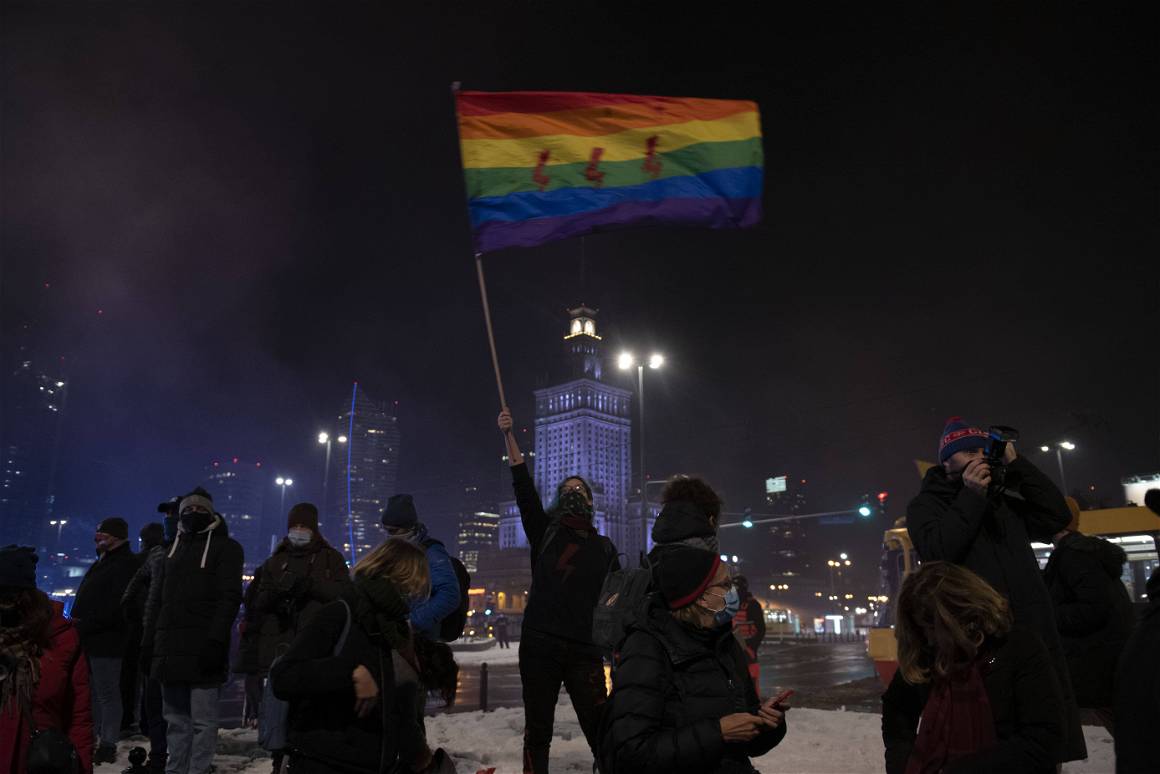
In other places where Rainbow washing isn’t profitable and the queer community is still actively oppressed, Pride signifies quite the opposite. In Poland, a heavily Catholic country where there are LGBTQ-Free Zones in which queers are officially unwelcome, the Archbishop of Krakow described “LGBTQ Ideology” as a “Rainbow Plague.” The deputy justice minister Marcin Romanowski said “We protect Polish identity and culture from LGBT+ ideology, which is alien to us.” But demonstrations like Pride in Poland don’t only happen in June — pro-LGBTQ+ and anti-Government rallies are held regularly throughout Poland, while nationalist and anti-LGBTQ+ rallies are also very prominent as the country has seen major clashes between the left and right since President Andrzej Duda was re-elected last year on a conservative and religious platform. Although Pride parades in Poland had a high attendance, liberal activism has been climbing an uphill battle.
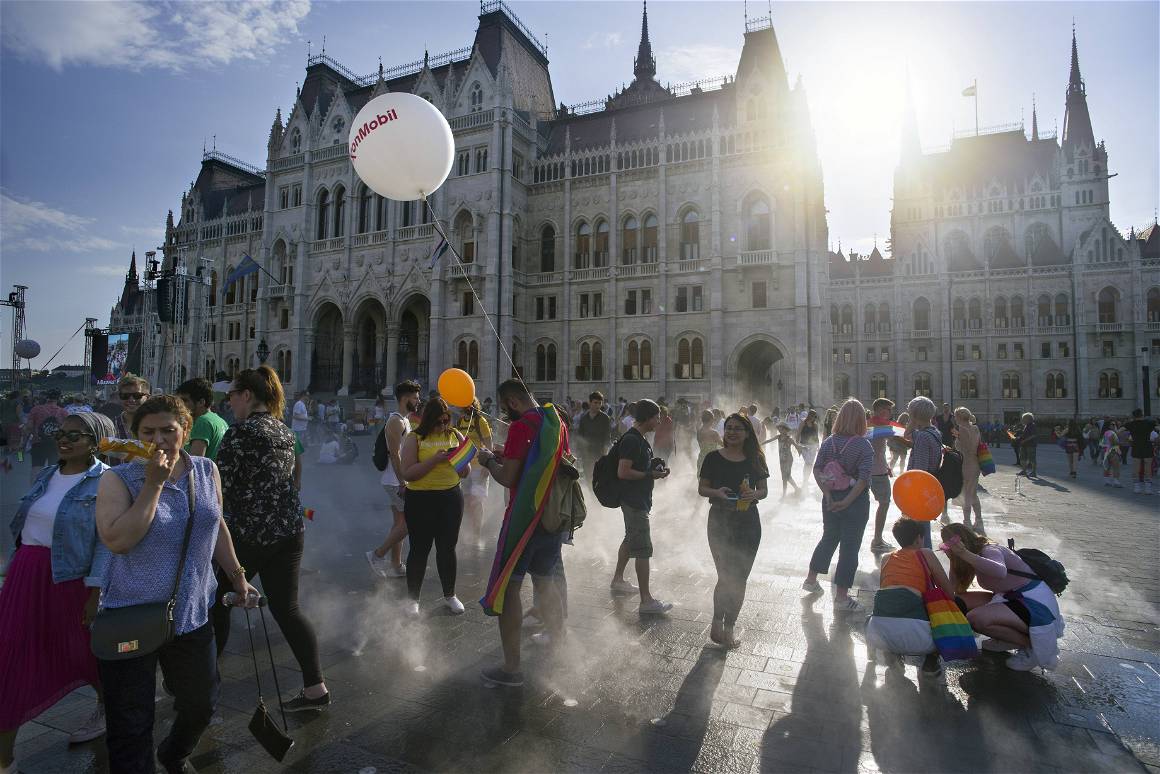
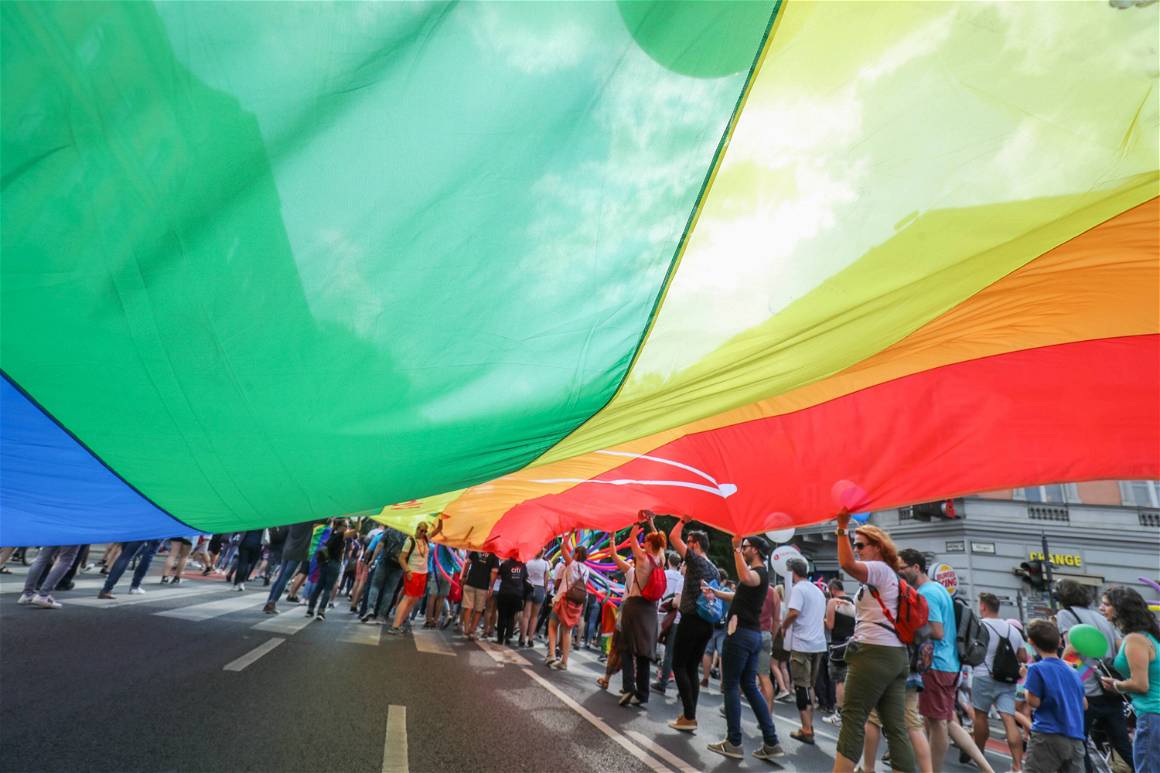
In Hungary, Prime Minister Victor Orbán’s party just passed legislation banning any education surrounding LGBTQ+ issues in schools which was tacked on to a bill penalizing pedophilia, making it harder to oppose. In May of 2020, Hungary’s parliament passed a bill ending the legal recognition for trans people and prohibiting gender and name alterations on official documents. This year’s Pride march in Budapest is to happen on July 24 — how the authorities will react is yet to be seen considering the pressure the EU has recently placed on Hungary regarding its politics towards human rights. In Istanbul, protesters were met with violent police intervention, teargas, and around 25 people were arrested as the march was officially banned by authorities to begin with. With human rights being one of the factors standing in the way of Turkey’s efforts to join the EU, the government has cracked down on the LGBTQ+ community since 2014 when over 100,000 people attended Pride — the same year Recep Erdogan was elected.
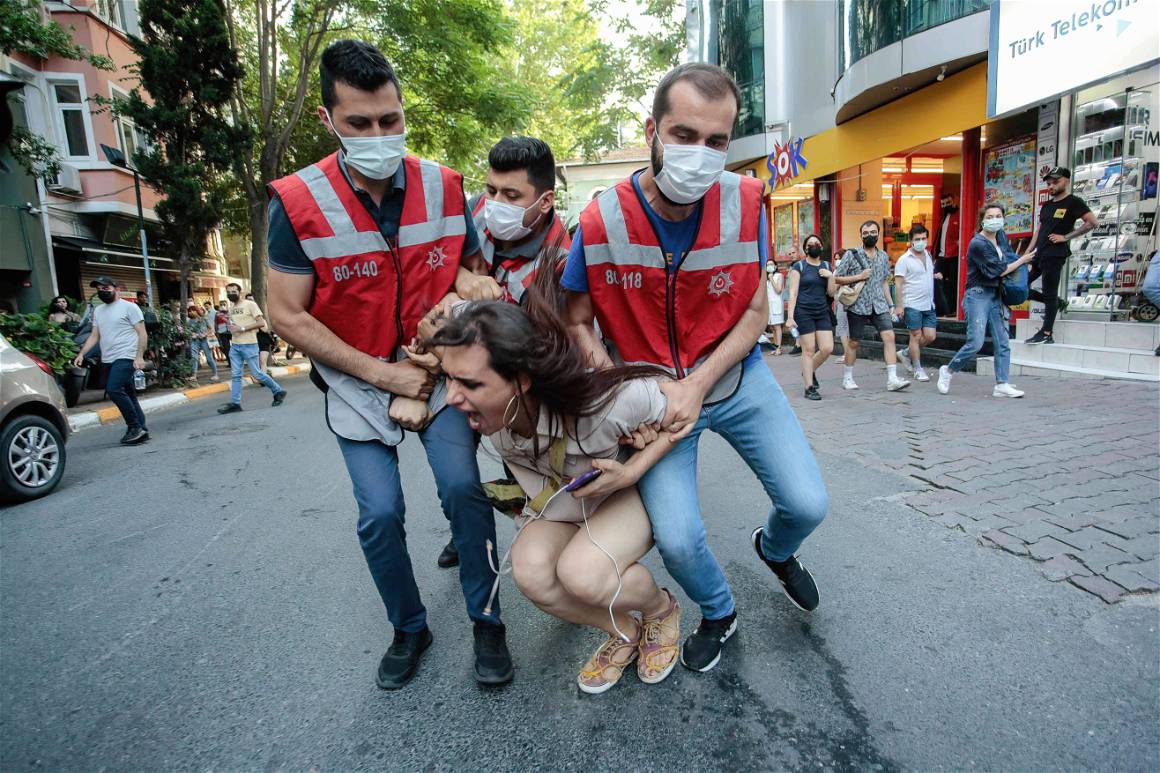
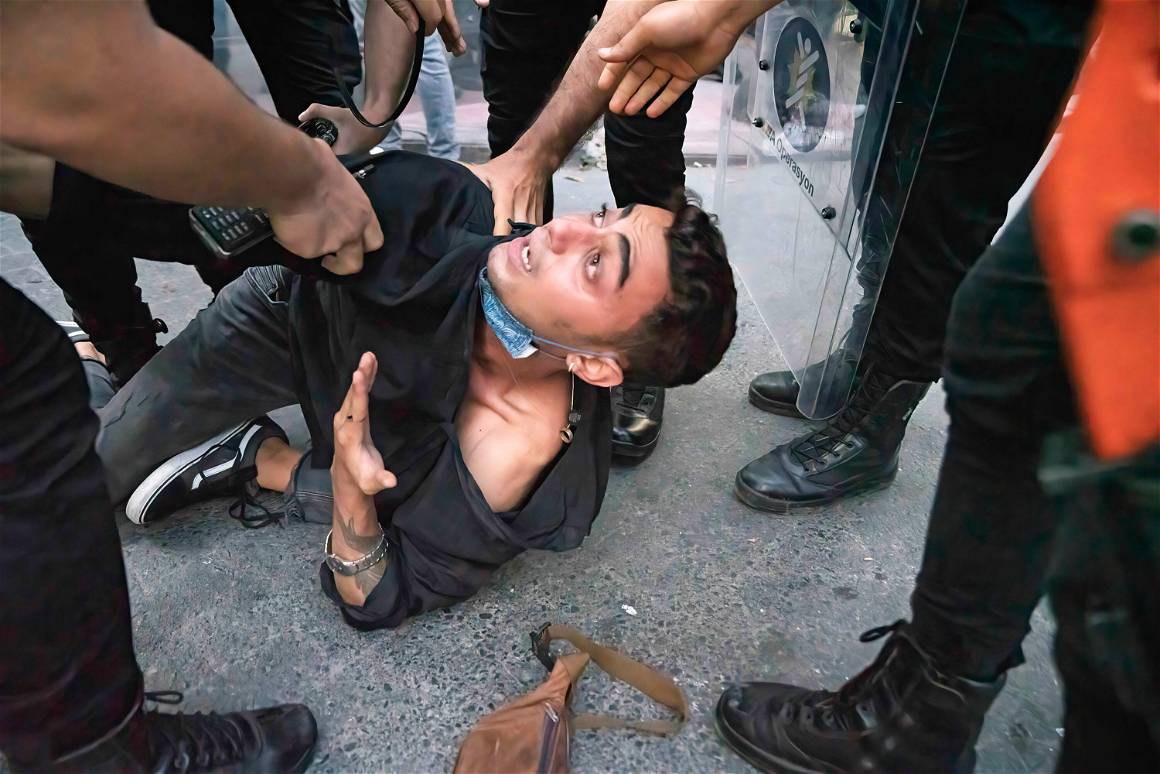
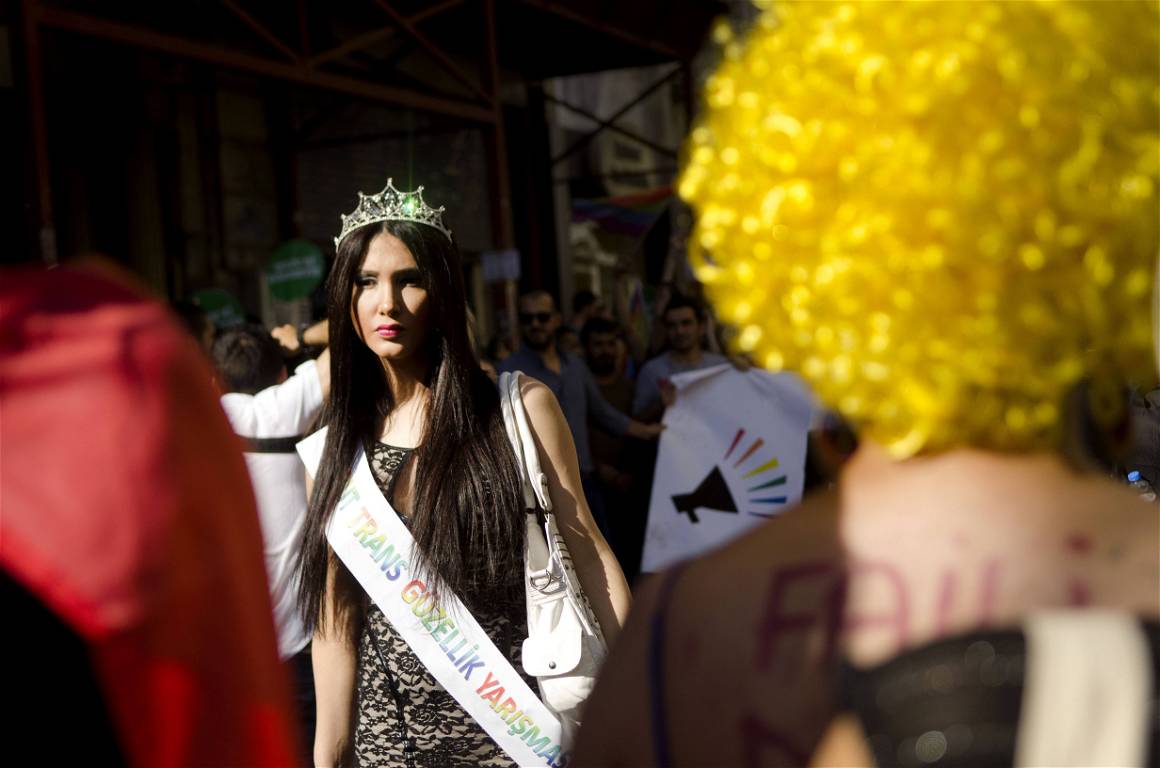
Some countries like Italy seem to sit somewhere in between — In Italy, an EU country where same-sex civil unions have been allowed since 2016 but not gay marriage, and legislation against homophobic measures and anti LGBTQ+ hate crimes is lacking, Pride is also representative of an ongoing struggle for equality rather than an opportunity for profit and parades. The ddl Zan is a bill currently being discussed in parliament which would prohibit discrimination based on gender or sexual orientation, but is controversial as the society is still split on LGBTQ+ acceptance. This is largely due to the high presence of the Catholic Church, as the Vatican already expressed its opposition to the Zan bill.
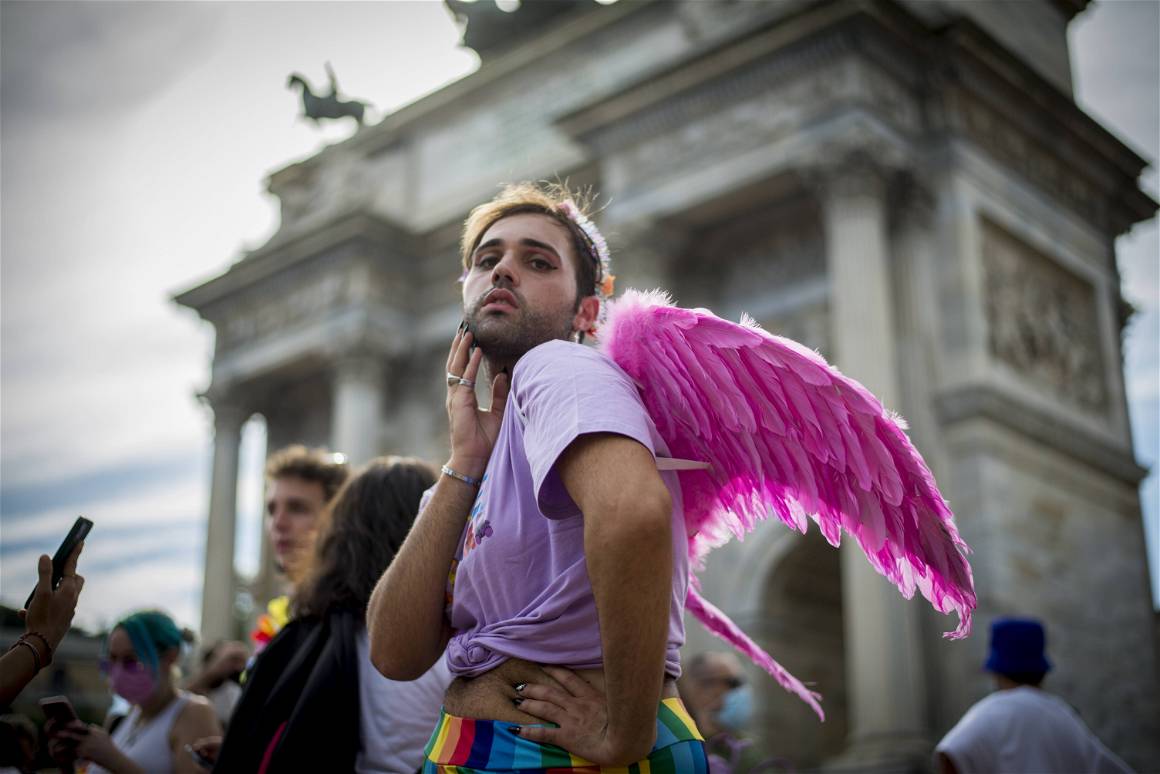
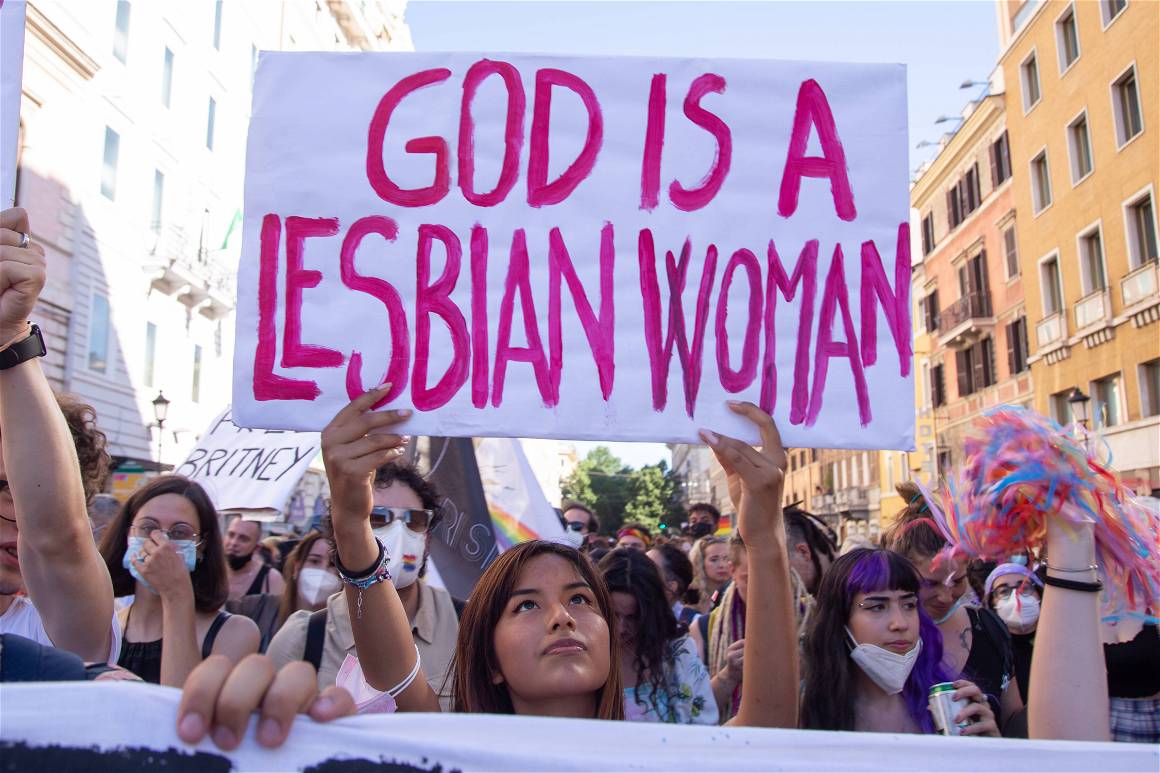
A study from 2019 revealed an increase in hate crimes against the gay community in Italy, and a survey showed that the acceptance among Italians of LGBTQ+ people is at 55 percent, far lower than the EU average. This in part, prompted Alessandro Zan of the center-left party to propose the bill in 2018. With posters in Rome and Milan’s parades this year reading slogans like “Mom I’m gay not facet” and “God is a Lesbian woman,” Pride walked a fine line between being a protest and a parade.
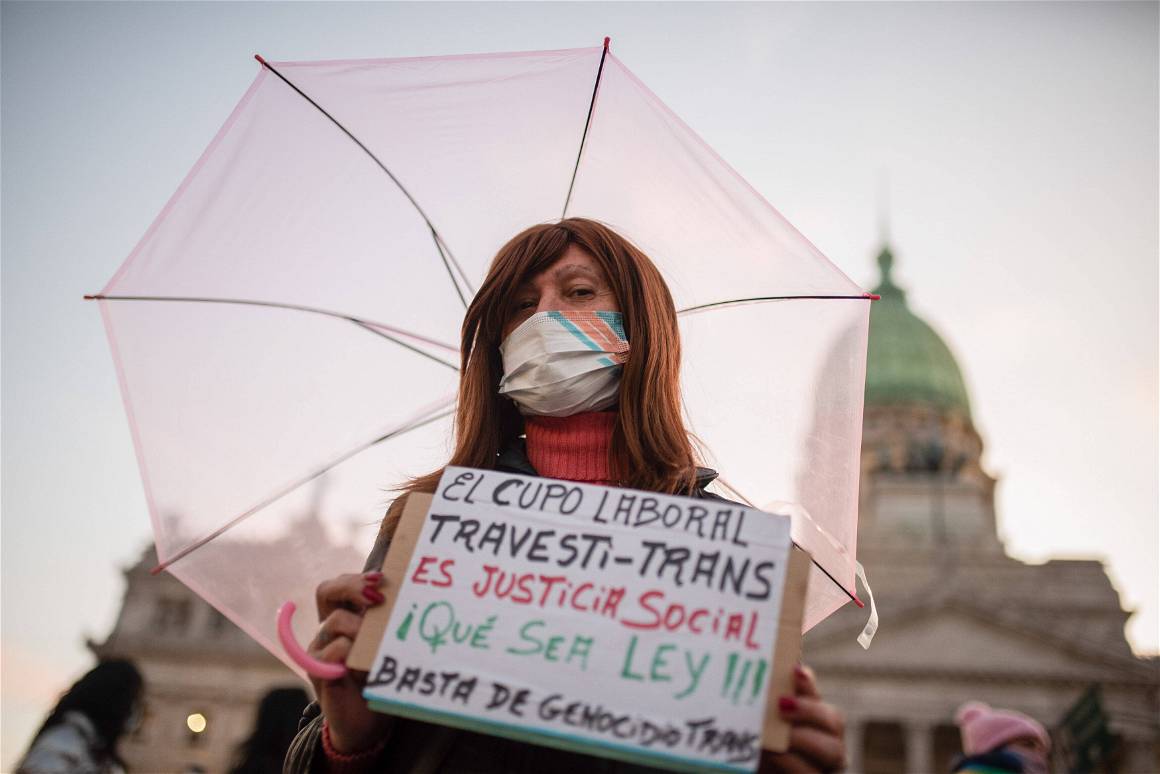
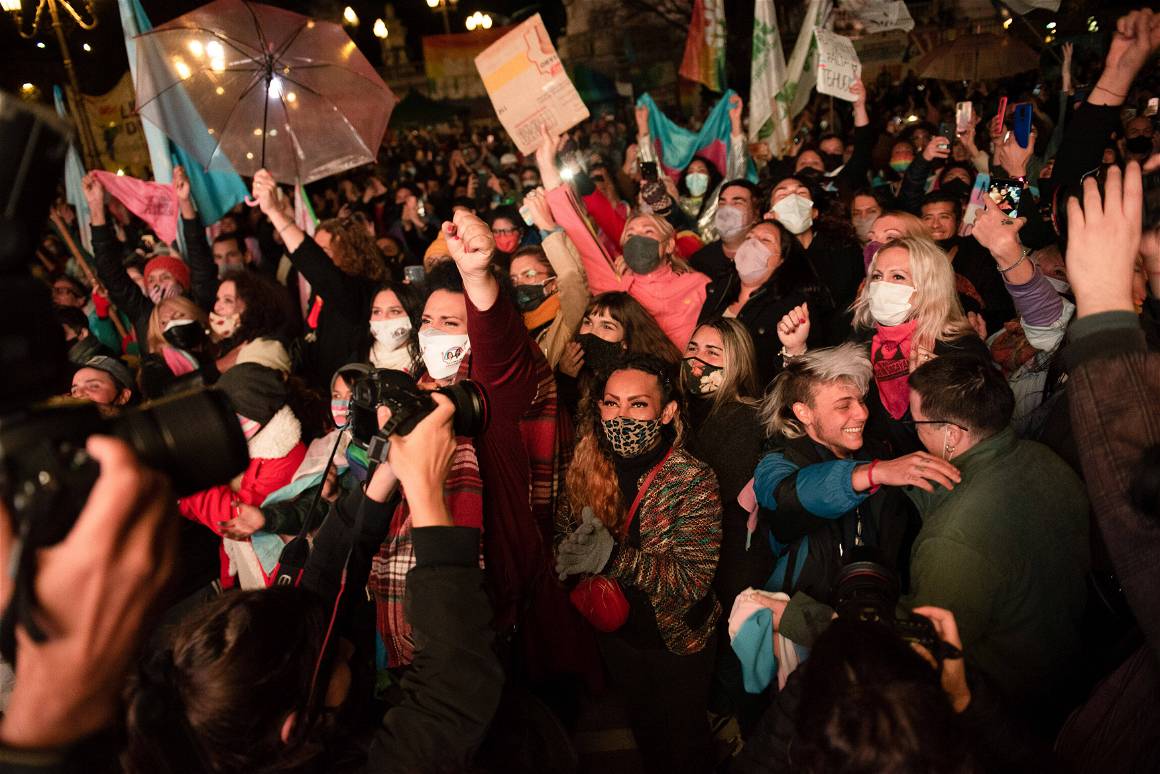
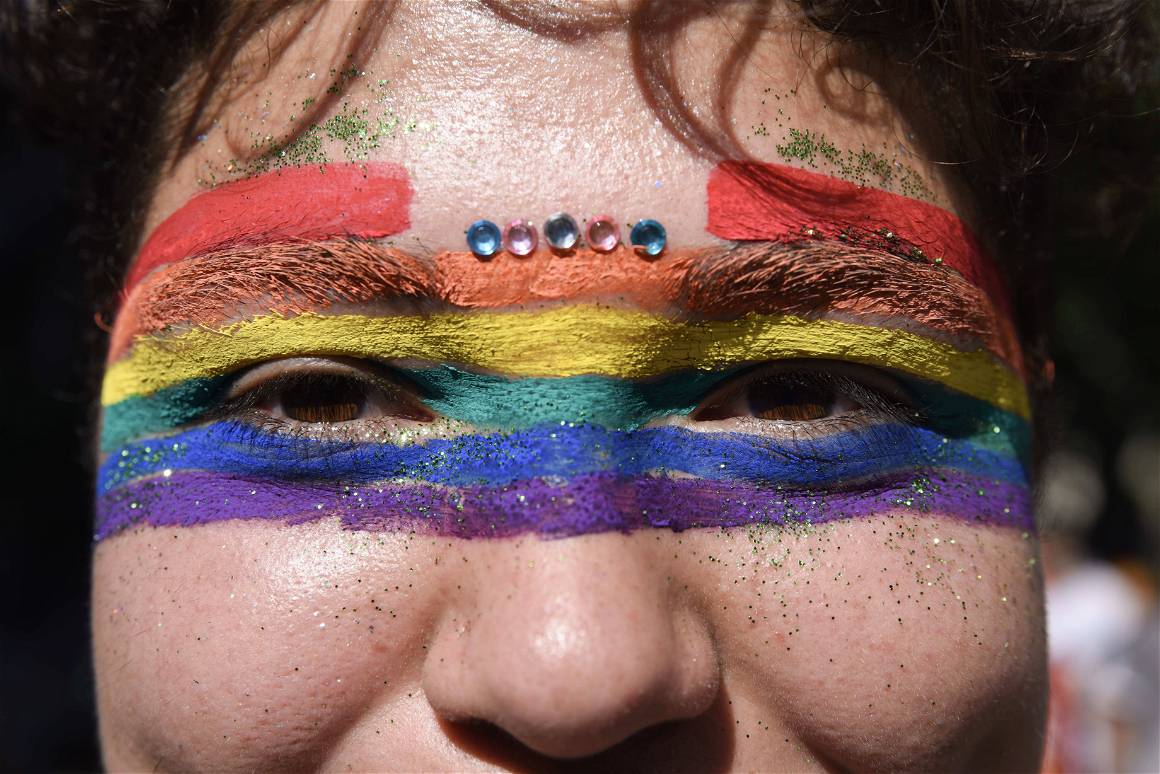
The queer community in Argentina saw some victory this weekend however, as it is seen as a pioneer for LGBTQ+ rights. It was the first country to legalize same sex marriage in Latin America in 2010 — five years before the United States — and passed a gender identity law in 2012 making it easy for transgender citizens to legally change their gender, for example. Just this week Argentina passed a worker quota law allocating 1% of Argentina’s public sector jobs for transgender and transvestite citizens. The celebrations in Buenos Aires over the weekend gave a taste of what this year’s Pride will look like on November 9.
As pride month comes to a close and the high streets of liberal hubs like New York, London and Berlin start taking down their rainbow flags, television ads revert back to their regular scheduled programming and the glitter takes a back shelf, others are still sharpening their pitchforks for the fight to continue. At the Imago Picture desk, impressions from different Pride parades showed the multifaceted nature of the LGBTQ+ movement around the world.
